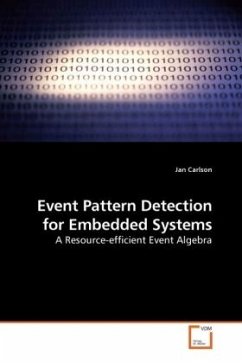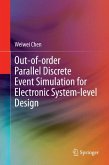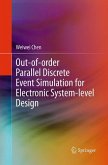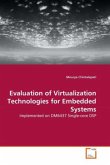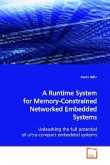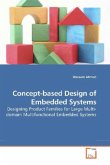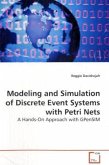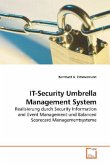Events play an important role in many computer systems, from small reactive embedded applications to large distributed systems. They provide a robust basis for communication and synchronisation between independent subsystems, or for capturing important changes within the system or its environment. In some applications, individual event occurrences are not the main point of concern. Instead, the system should respond to certain event patterns, such as "the start button being pushed, followed by a temperature alarm within two seconds". One way to specify such event patterns is by means of an event algebra with operators for combining the simple events of a system into specifications of complex patterns. This work presents an event algebra with two important characteristics. First, it complies with a number of algebraic laws, which shows that the algebra operators behave as expected. Second, any pattern represented by an expression in this algebra can be efficiently detected with bounded resources in terms of memory and time, which is particularly important when event pattern detection is used in embedded systems, where resource efficiency and predictability are crucial.

